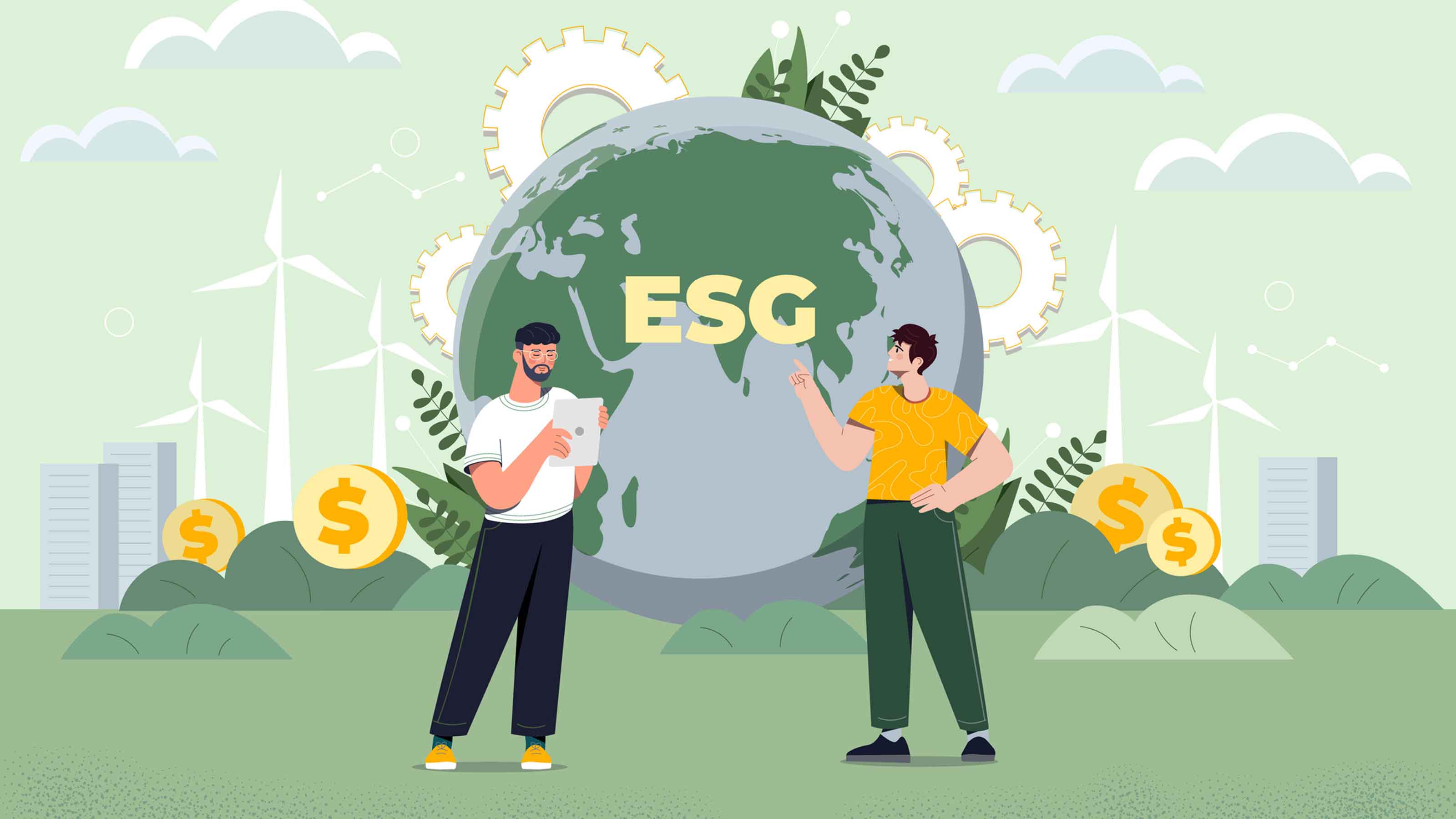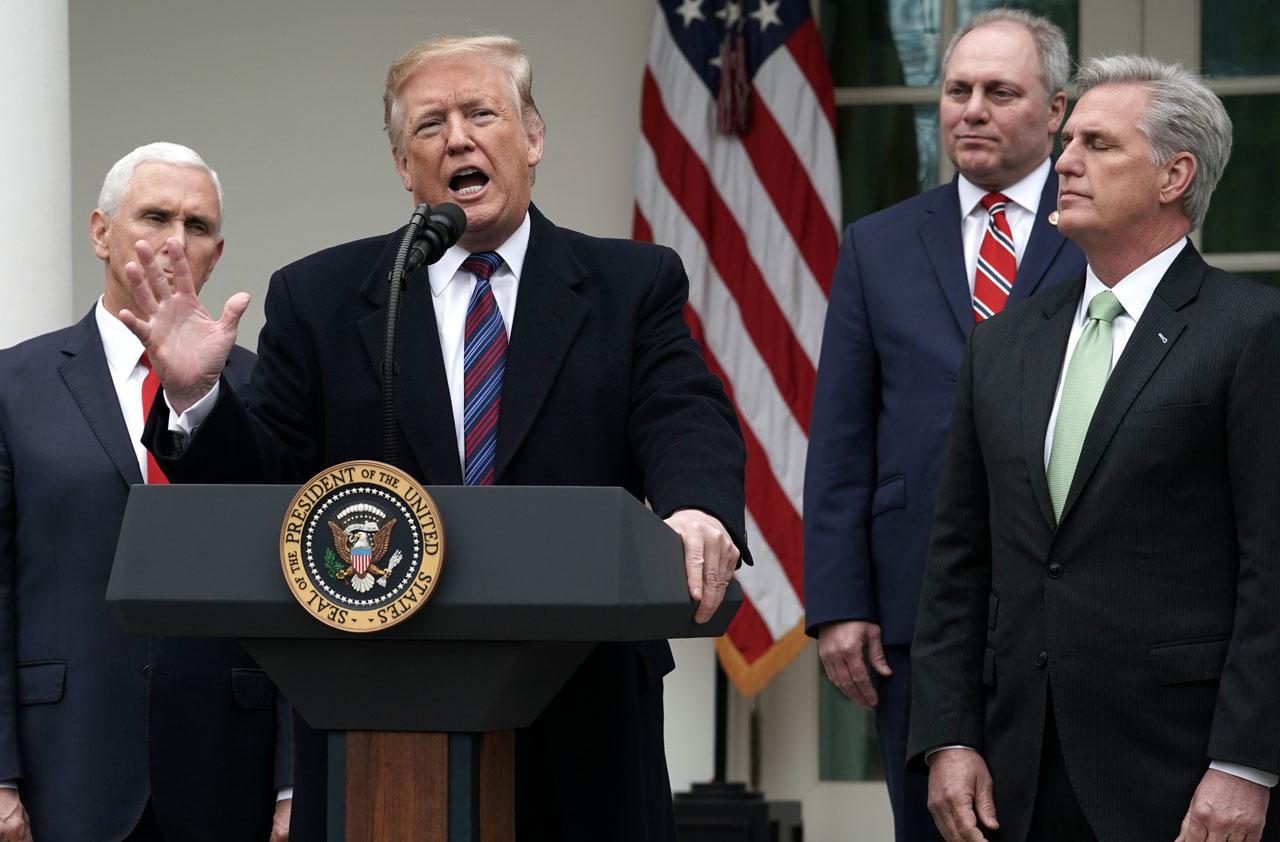Kiplinger – Domini Poll: ESG Investing Is Gaining Traction
Investors care a lot about environmental, social and governance issues according to our new poll.

Profit and prosper with the best of Kiplinger's advice on investing, taxes, retirement, personal finance and much more. Delivered daily. Enter your email in the box and click Sign Me Up.
You are now subscribed
Your newsletter sign-up was successful
Want to add more newsletters?

Delivered daily
Kiplinger Today
Profit and prosper with the best of Kiplinger's advice on investing, taxes, retirement, personal finance and much more delivered daily. Smart money moves start here.

Sent five days a week
Kiplinger A Step Ahead
Get practical help to make better financial decisions in your everyday life, from spending to savings on top deals.

Delivered daily
Kiplinger Closing Bell
Get today's biggest financial and investing headlines delivered to your inbox every day the U.S. stock market is open.

Sent twice a week
Kiplinger Adviser Intel
Financial pros across the country share best practices and fresh tactics to preserve and grow your wealth.

Delivered weekly
Kiplinger Tax Tips
Trim your federal and state tax bills with practical tax-planning and tax-cutting strategies.

Sent twice a week
Kiplinger Retirement Tips
Your twice-a-week guide to planning and enjoying a financially secure and richly rewarding retirement

Sent bimonthly.
Kiplinger Adviser Angle
Insights for advisers, wealth managers and other financial professionals.

Sent twice a week
Kiplinger Investing Weekly
Your twice-a-week roundup of promising stocks, funds, companies and industries you should consider, ones you should avoid, and why.

Sent weekly for six weeks
Kiplinger Invest for Retirement
Your step-by-step six-part series on how to invest for retirement, from devising a successful strategy to exactly which investments to choose.
A significant majority of investors say a company’s commitment to ESG principles is important to them when choosing investments, according to a new national poll conducted by Kiplinger in partnership with money management firm Domini Impact Investments. More than 70% of respondents say a company’s environmental practices, social issues management and governance policies are very or somewhat important to them when choosing investments.
Four in 10 respondents say they have purchased stocks or bonds in the past based on environmental, social or governance issues. Among millennials, the number jumps to nearly two-thirds. Almost eight in 10 (78%) say they are very or somewhat likely to add an ESG investment to their portfolio over the next one to two years. Their reasons vary: More than one-third want to make a positive impact on the environment. About one-fourth want to build a better future for all. Some 15% want to invest in their local community.
Recent headlines may be spurring some of this increased interest: More than half (52%) say they are more likely to put money in ESG investments because of news of environmental or climate change concerns; more than one-third (35%) were more likely to do so because of media reports of social unrest; nearly one-third (32%) were also more likely to make an ESG investment because of the pandemic.
From just $107.88 $24.99 for Kiplinger Personal Finance
Become a smarter, better informed investor. Subscribe from just $107.88 $24.99, plus get up to 4 Special Issues

Sign up for Kiplinger’s Free Newsletters
Profit and prosper with the best of expert advice on investing, taxes, retirement, personal finance and more - straight to your e-mail.
Profit and prosper with the best of expert advice - straight to your e-mail.
Overall, more than half of respondents would be willing to sacrifice some performance on their investments to achieve an ESG goal. Breaking it down by generation, 75% of millennial investors, 51% of Gen X investors and 35% of baby boomer investors would be willing to sacrifice some level of return.
One-fourth of investors say ESG investing is simply a way to diversify their holdings and reduce market risk. Only 13% believe that ESG investments will deliver better returns than non-ESG investments. Respondents cited lower returns, lack of information and higher fees as concerns about ESG investing. Men were more likely to be concerned about lower ESG returns than women (43% versus 27%). More men also cited concerns about higher fees than women (27% versus 19%).
Almost half of respondents (49%) say that when it comes to ESG investing, they prefer mutual funds that hold a diversified portfolio of stocks with better environmental or social attributes. An even larger percentage of baby boomers (58%) say this is their preferred strategy. Here are the highlights from the survey:
When choosing an investment, how important are the following factors to you?
Environmental practices
such as climate change, renewable energy
and sustainability
- Somewhat important: 38%
- Very important: 34%
Social issues
such as diversity, labor relations and
conflict minerals
- Somewhat important: 41%
- Very important: 28%
Governance policies
such as management structure, board
independence and executive compensation
- Somewhat important: 44%
- Very important: 31%
Have you invested in stocks or bonds because of environmental, social or governance issues?
- No: 53%
- Yes: 41%
- Not sure: 6%
Do you currently own shares in an ESG-focused fund (either stocks or bonds)?
- Yes: 29%
- No: 42%
- Not sure: 29%
How likely are you to add ESG investments to your portfolio over the next one to two years?
- Very likely: 35%
- Not likely: 22%
- Somewhat likely: 43%
Which of these objectives BEST summarizes the ESG value you care most about?*
- Encourage clean energy to help mitigate climate change: 19%
- Avoid depletion of natural resources and protect our ecosystems: 18%
- Improve business ethics and transparency: 13%
- Protect employee safety and treatment of workers: 13%
- Positively impact your community and/or underserved communities: 12%
- Do more to ensure equal opportunity for all: 11%
- Reduce poverty and promote human dignity around the world: 8%
- Increase how much companies donate to causes I care about: 5%
- Increase the number of women and people of color in corporate leadership: 3%
Which of these statements BEST reflects your beliefs (or expectations) for the role of ESG investing in your portfolio?
- It’s another way to diversify my holdings and reduce market risk: 25%
- I want my investments to reflect my values: 21%
- It will perform no better or worse than non-ESG investments: 17%
- I don’t see any benefit to ESG investing: 16%
- It delivers better returns than non-ESG investments: 13%
- It delivers less growth, but I am willing to sacrifice returns in exchange for building a better future for all: 7%
- Other: 1%
Are there any factors keeping you from making a greater investment in ESG stocks, bonds or funds?†
- Concern about weak performance: 35%
- Lack of readily available information to help select ESG stocks, bonds and funds: 25%
- Possibility of false claims about preserving the environment: 24%
- Concern that ESG funds have higher fees: 23%
- Not sure how to get started with ESG investing: 21%
- No concerns: 16%
- Not interested in ESG investing: 12%
If you were to make an impact investment, which of these would be most important to you?
- To make a positive impact on the environment: 35%
- To build a better future for all: 24%
- To invest in my local community: 15%
- To NOT invest in certain areas (for example, weapons, fossil fuels or for-profit prisons): 12%
- To create more diversity at the executive level and in the workplace: 8%
- To help advance social justice: 6%
When it comes to ESG-focused investing, which one of the following approaches would you prefer?*
- Investing in mutual funds with a diversified portfolio of stocks with better environmental and/or social attributes: 49%
- Investing in a mix of stocks and private investments: 25%
- Investing directly in private businesses with a focus on ESG: 12%
- No preference: 15%
Methodology
The survey included 1,029 respondents, age 25 and older, with a minimum of $10,000 in investable assets (excluding retirement accounts). It was conducted August 4 to 10. A survey quota was implemented around familiarity with the term “ESG investing” to ensure that about half of the respondents were familiar with the term prior to taking the survey. The median age of survey participants is 51. Half are male and half are female. Median estimated household income before taxes in 2021: $141,788. Median current value of investment portfolio, excluding retirement accounts: $193,701. Median combined net worth of household, excluding primary residence: $436,449.
*Percentages do not add up to 100% due to rounding.
†Respondents were asked to select all that apply.
Profit and prosper with the best of Kiplinger's advice on investing, taxes, retirement, personal finance and much more. Delivered daily. Enter your email in the box and click Sign Me Up.
-
 Quiz: Do You Know How to Avoid the "Medigap Trap?"
Quiz: Do You Know How to Avoid the "Medigap Trap?"Quiz Test your basic knowledge of the "Medigap Trap" in our quick quiz.
-
 5 Top Tax-Efficient Mutual Funds for Smarter Investing
5 Top Tax-Efficient Mutual Funds for Smarter InvestingMutual funds are many things, but "tax-friendly" usually isn't one of them. These are the exceptions.
-
 AI Sparks Existential Crisis for Software Stocks
AI Sparks Existential Crisis for Software StocksThe Kiplinger Letter Fears that SaaS subscription software could be rendered obsolete by artificial intelligence make investors jittery.
-
 The U.S. Economy Will Gain Steam This Year
The U.S. Economy Will Gain Steam This YearThe Kiplinger Letter The Letter editors review the projected pace of the economy for 2026. Bigger tax refunds and resilient consumers will keep the economy humming in 2026.
-
 Trump Reshapes Foreign Policy
Trump Reshapes Foreign PolicyThe Kiplinger Letter The President starts the new year by putting allies and adversaries on notice.
-
 Congress Set for Busy Winter
Congress Set for Busy WinterThe Kiplinger Letter The Letter editors review the bills Congress will decide on this year. The government funding bill is paramount, but other issues vie for lawmakers’ attention.
-
 The Kiplinger Letter's 10 Forecasts for 2026
The Kiplinger Letter's 10 Forecasts for 2026The Kiplinger Letter Here are some of the biggest events and trends in economics, politics and tech that will shape the new year.
-
 Special Report: The Future of American Politics
Special Report: The Future of American PoliticsThe Kiplinger Letter Kiplinger assesses the political trends and challenges that will define the next decade.
-
 What to Expect from the Global Economy in 2026
What to Expect from the Global Economy in 2026The Kiplinger Letter Economic growth across the globe will be highly uneven, with some major economies accelerating while others hit the brakes.
-
 Shoppers Hit the Brakes on EV Purchases After Tax Credits Expire
Shoppers Hit the Brakes on EV Purchases After Tax Credits ExpireThe Letter Electric cars are here to stay, but they'll have to compete harder to get shoppers interested without the federal tax credit.
-
 The Economy on a Knife's Edge
The Economy on a Knife's EdgeThe Letter GDP is growing, but employers have all but stopped hiring as they watch how the trade war plays out.